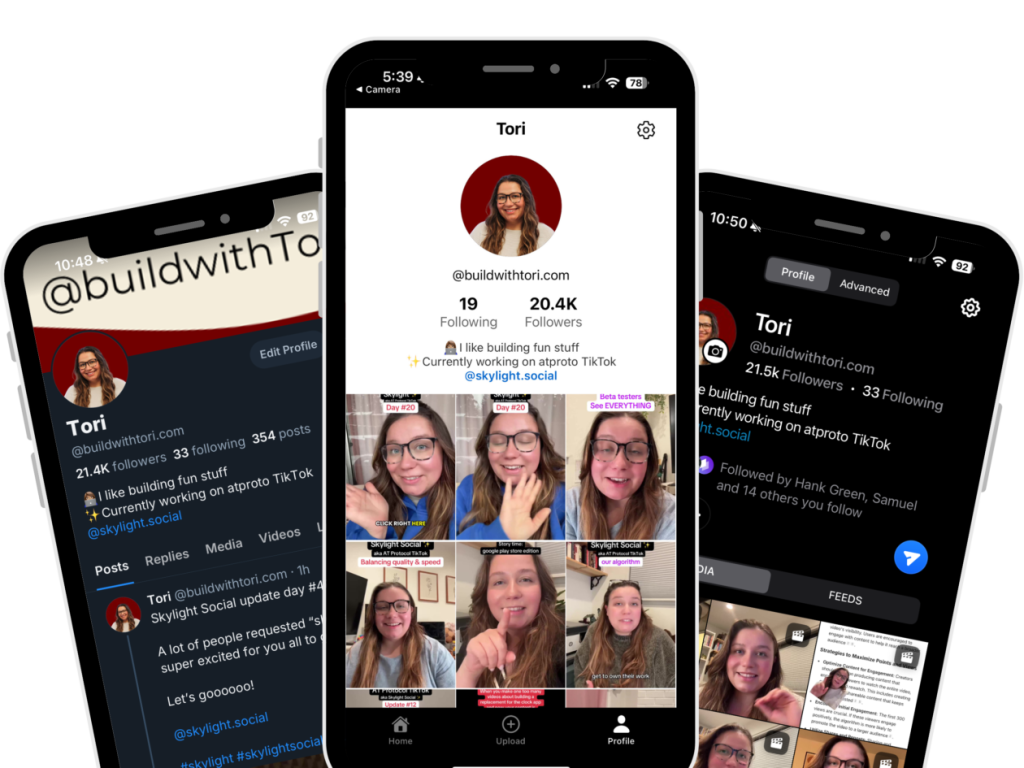Here is a concise and humanized summary of the provided content, presented in six paragraphs:
-
Funding Arrival:
On Thursday, Mark Cuban and GM raised $2 million for a short-form video app called SkyLight in partnership with Seattle-based firm Graham & Walker. This app differs from TikTok by leveraging the Authenticated Transfer (AT) Protocol, which allows users to control their social graph and move content across apps, offering an authenticity analogous to TikTok. -
Geographical origins and structure:
The app is registered as a Public Benefit Corporation, emphasizing true ownership of content, social connections (through TikTok), and engaging users rather than locking them into its ecosystem. An iOS and Android version is available, mirroring TikTok’s interface but functioning independently. -
Community and impact:
skylight is rooted in Seattle and attracts a larger, tech-savvy audience. While Terris, SkyLight’s predecessor, serves as an AI tool for generating React code, SkyLight occupies a niche. The company emphasizes user engagement and their role in shaping the social internet, appealing to those seeking ownership over their content, audience, and relationships. -
Startup’s position in social media:
skylight is poised to gain traction as TikTok faces a U.S. ban. Mark Cuban is critical of theFounded by Mark Cuban and GM, both industry leaders,SkyLight offers secure control over what users see, giving they’re meant to influence content, audience, and connections, avoiding algorithms or.filters. -
Text from Southeast Pacific Cybersecurity Agency:
skylight’s leadership team, equipped with decades of experience in under-the-radar tech, includes Marcelo Calbucci, who plans to write an article on TechCrunch about their stance. Calbucci notes that skylight’s approach issues with the AT Protocol could undermine traditional social media safety, offering users control over their apps’ future. - Upcoming trends and broader industry:
The global rise of apps like TikTok and social media according to SkyLight’s mission creates significant buzz. Despite its success, companies like Tesla and SpaceX are questioning traditional business models, while tech giants like identified as underutilizing emerging startups to drive growth and social impact. Surface the urgency of users wanting control over their online world.


